Faculty Interview Series
As an incoming speech-language pathology student, you may not be certain about what area of speech pathology you would like to go into. Speech-language pathology is a diverse field full of careers that can be tailored to your specific interests- whether your interests are a type of setting, a specific population, or a particular condition.
To help you get a taste of what is out there, we have launched a series of faculty interviews with professors from various Master’s in SLP programs so you can learn more about the work and research being done in the field. These professors have engaged in amazing research in a wide range of speech and language topics- research that is shaping the way we understand speech and how treatment for speech and language conditions evolves.
Interviews on Aphasia, Brain Injury, Cognition and Neurogenic Disorder Research
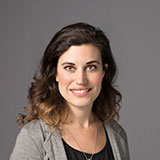
Dr. Miranda Babiak, CScD, CCC-SLP is an Assistant Professor at the University of Northern Colorado. Her interests include the neurophysiology of cognitive-linguistic function, clinical teaching, and maximizing functional communication and social participation for all patients.
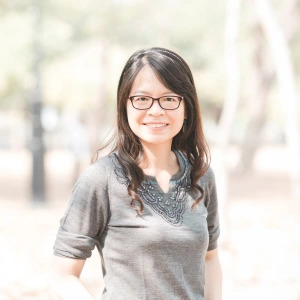
Hsinhuei Sheen Chiou is an Associate Professor in the Department of Speech, Hearing and Rehabilitation Services at MNSU, Mankato. Her research and clinical areas include language-cognitive communication disorders in adults with neurogenic disorders. Sheen runs Acquired Communicative and Cognitive Rehabilitation Research lab focusing on aphasia and cognitive rehabilitation.
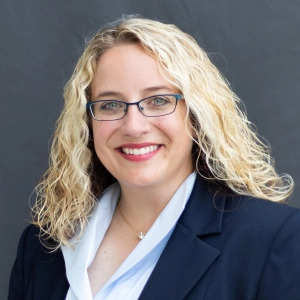
In 2019, the Western Illinois University Speech-Language Clinic was awarded a grant through the Parkinson Voice Project. Dr. Cox was trained at their clinic in Dallas, Texas and serves as the primary SLP for that program. Her research interests are in the areas of assessment and intervention for mild cognitive impairment (MCI) and dementia, and as related to her teaching, she enjoys conducting pedagogical research.
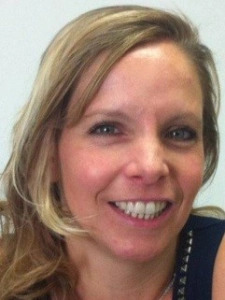
Dr. Kimberly Farinella, Ph.D., CCC-SLP
Dr. Farinella is a Clinical Professor in the Department of Communication Sciences and Disorders at Northern Arizona University, and Clinic Director of the Northern Arizona University Speech-Language-Hearing Clinic. Dr. Farinella completed her doctoral training at the University of Arizona, and her post-doctoral fellowship in the Division of Speech Pathology, Department of Neurology at the Mayo Clinic in Rochester, Minnesota. Her research interests include treatment efficacy for childhood apraxia of speech, and the systematic study of the principles of motor learning.
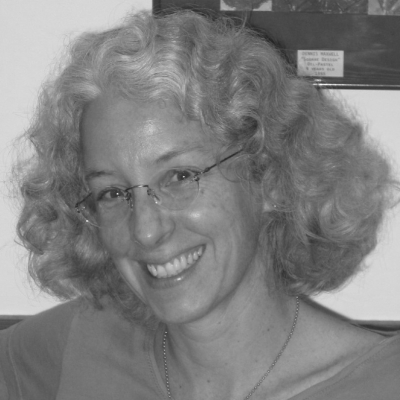
Dr. Jean Gordon is an Associate Professor in the Department of Communication Sciences and Disorders at the University of Iowa. She is interested in exploring the factors which make words easier or harder to retrieve, and how these factors influence the production of speech errors. She is also interested in determining what contributes to impressions of fluency in aphasia. A third area of study, related to these two aspects of expressive language, is the examination of how stereotypes are triggered when a communication partner is listening to an older individual or someone with aphasia.
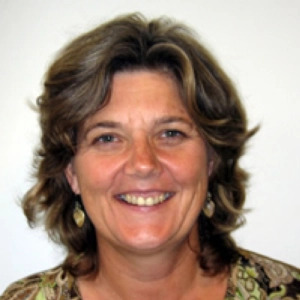
Dr. Jackie Hinckley, Ph.D., CCC-SLP
Jackie Hinckley is an associate professor of speech-language pathology at Nova Southeastern University She is board certified in Neurogenic Communication Disorders (ANCDS). She is Board Certified in Neurogenic Communication Disorders by the Academy of Neurologic Communication Disorders and Sciences (ANCDS) and has served as an Executive and Advisory Board member of the National Aphasia Association.

Dr. Rachel Johnson, PhD. CCC-SLP
Dr. Johnson is an assistant professor of Communication Sciences & Disorders at Old Dominion University. Her research investigates the influence of the structure of practice, schedule of feedback, and motivation for learning in a healthy system and following a brain injury. Research interests include using neuroimaging technology, like functional near-infrared spectroscopy (fNIRS), coupled with behavior changes to investigate the neural cognitive correlates associated with learning and neural reorganization following a brain injury.
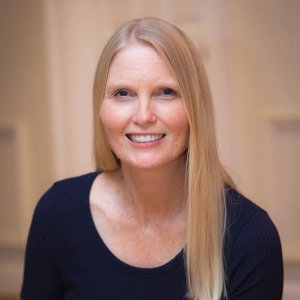
Dr. Laures-Gore is an Associate Professor of Communication Sciences & Disorders at Georgia State University. She directs the Aphasia and Motor Speech Disorders Research Lab at Georgia State University. Her research interests include aphasia, stress, integrative health, depression, as well as dysarthria and prosody. She has over 40 peer-reviewed publications in these areas.
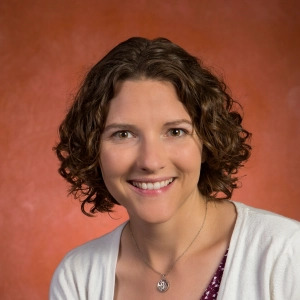
Dr. Elizabeth Madden, PhD, CCC-SLP
Dr. Madden is an assistant professor in the School of Communication Science and Disorders at Florida State University. Her research is focused on aphasia, with a particular interest in the relationship between spoken and written language processing and the rehabilitation of acquired reading and writing impairment. She teaches neurological basis of communication at the undergraduate level and acquired neurolinguistic and cognitive disorders at the graduate level
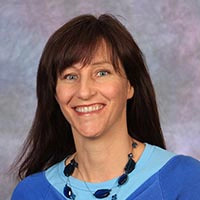
Alana Mantie-Kozlowski, Ph.D., CCC-SLP is an associate professor at Missouri State University, and also a certified speech language pathologist. She teaches and conducts research in the areas of acquired disorders of speech and language. She also is interested in the scholarship of teaching and learning.
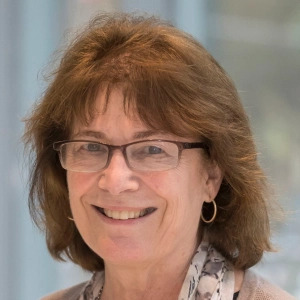
Dr. Martin’s research focuses on the architecture of lexical retrieval processes and their relation to verbal STM processes. Her studies of people with and without aphasia include word retrieval errors, effects of memory load on language abilities, and effects of language impairment on verbal learning. She has developed diagnostic tools and treatments for impairments of word processing and verbal short-term memory.
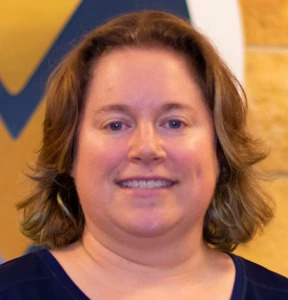
Dr. Meigh is an assistant professor in the Department of Communication Sciences and Disorders at West Virginia University. She is the director of the WVU Speech Motor Control Lab, which uses behavioral and kinematic measures to investigate normal speech motor control functions. Dr. Meigh’s clinical interests are neurogenic populations with a focus on apraxia of speech and dysarthria.
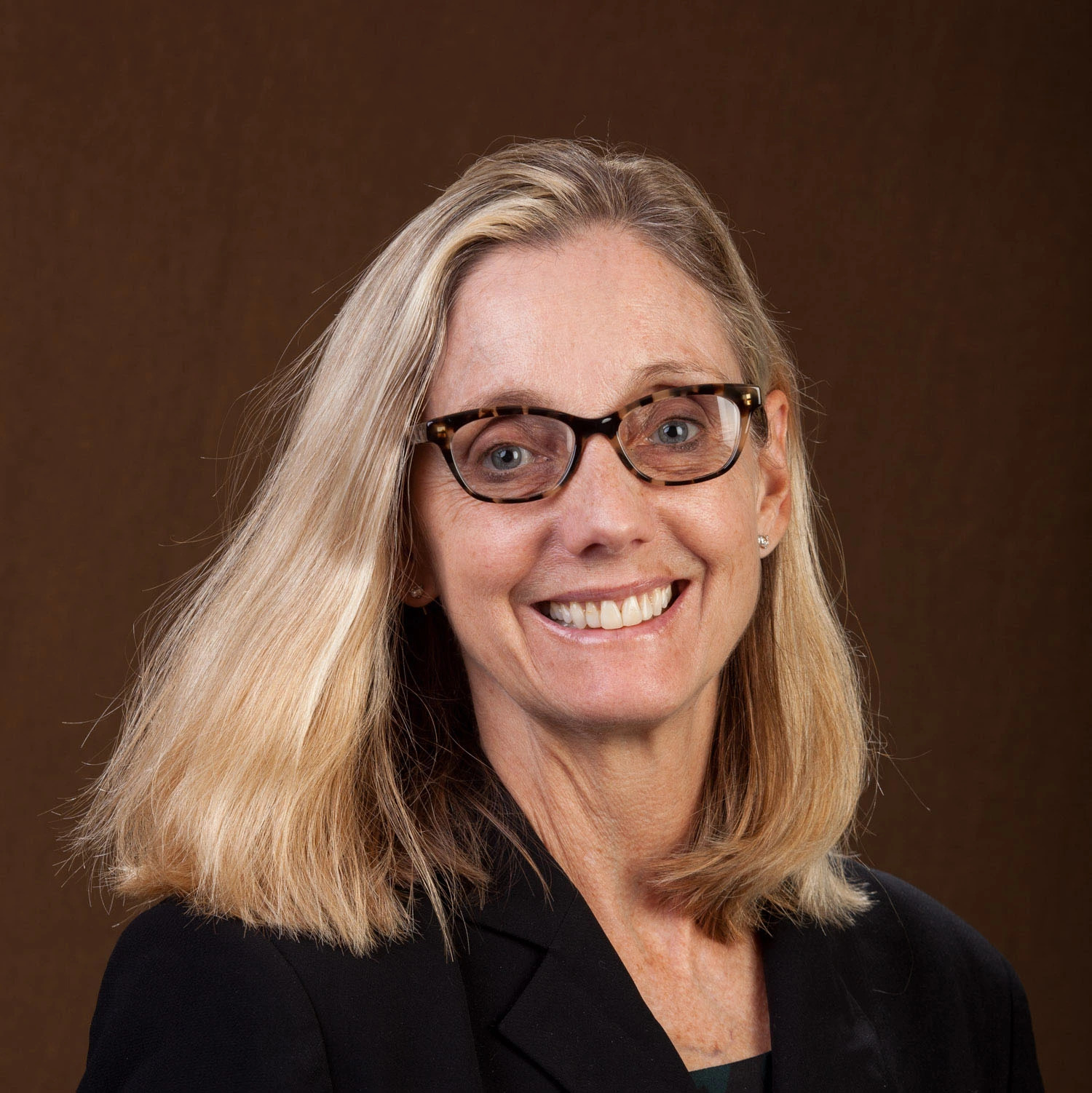
Dr. Neils-Strunjas conducts clinical research with teams across the US in speech-language pathology, rehabilitation, psychology, and neurology. One area of research concentration addresses the cognitive and linguistic impairments that affect adults with acquired neurogenic disorders.
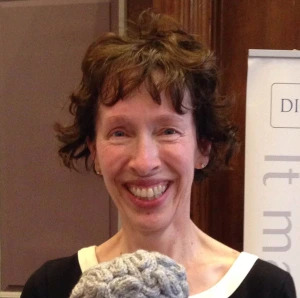
Therese O’Neil-Pirozzi, ScD, CCC-SLP
Dr. O’Neil-Pirozzi is an associate professor in Bouvé College’s Department of Communication Sciences and Disorders at Northeastern University. Her teaching, research, and service are clinically based and extend across the lifespan. Her areas of focus include: language and health literacy of low income families, brain neuroplasticity, and effects of brain injury on survivors and families.
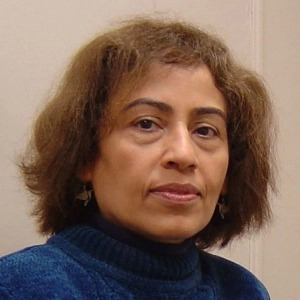
Dr. Rawool is Chair & Professor in the Department of Communication Sciences & Disorders at the University of Mississippi. Her research interests include prevention, diagnosis and intervention of age-related deficits in speech perception. She has extensive clinical experience in providing comprehensive speech-language and audiological services to all populations including infants and older adults.
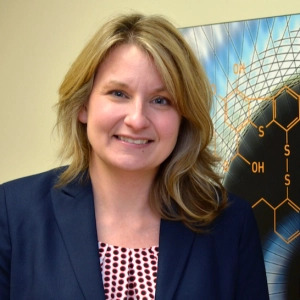
Dr. Angela Roberts MA-SLP, PhD
Angela Roberts’ research focuses on developing novel linguistic biomarkers of dementia progression including spoken discourse and social interaction changes. She applies these findings to the development and evaluation of interventions for communication impairments that affect individuals with dementia and their family care partners.
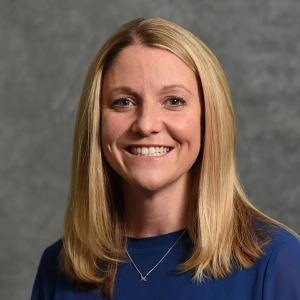
Dr. Sarah Wallace PhD, CCC-SLP
Dr. Wallace is a certified speech-language pathologist at Duquesne University with clinical experience providing services to individuals with acquired communication disorders. Dr. Wallace conducts clinical research aimed at improving the quality of life for individuals with communication impairments following traumatic brain injury and aphasia.
Interviews on Audiology
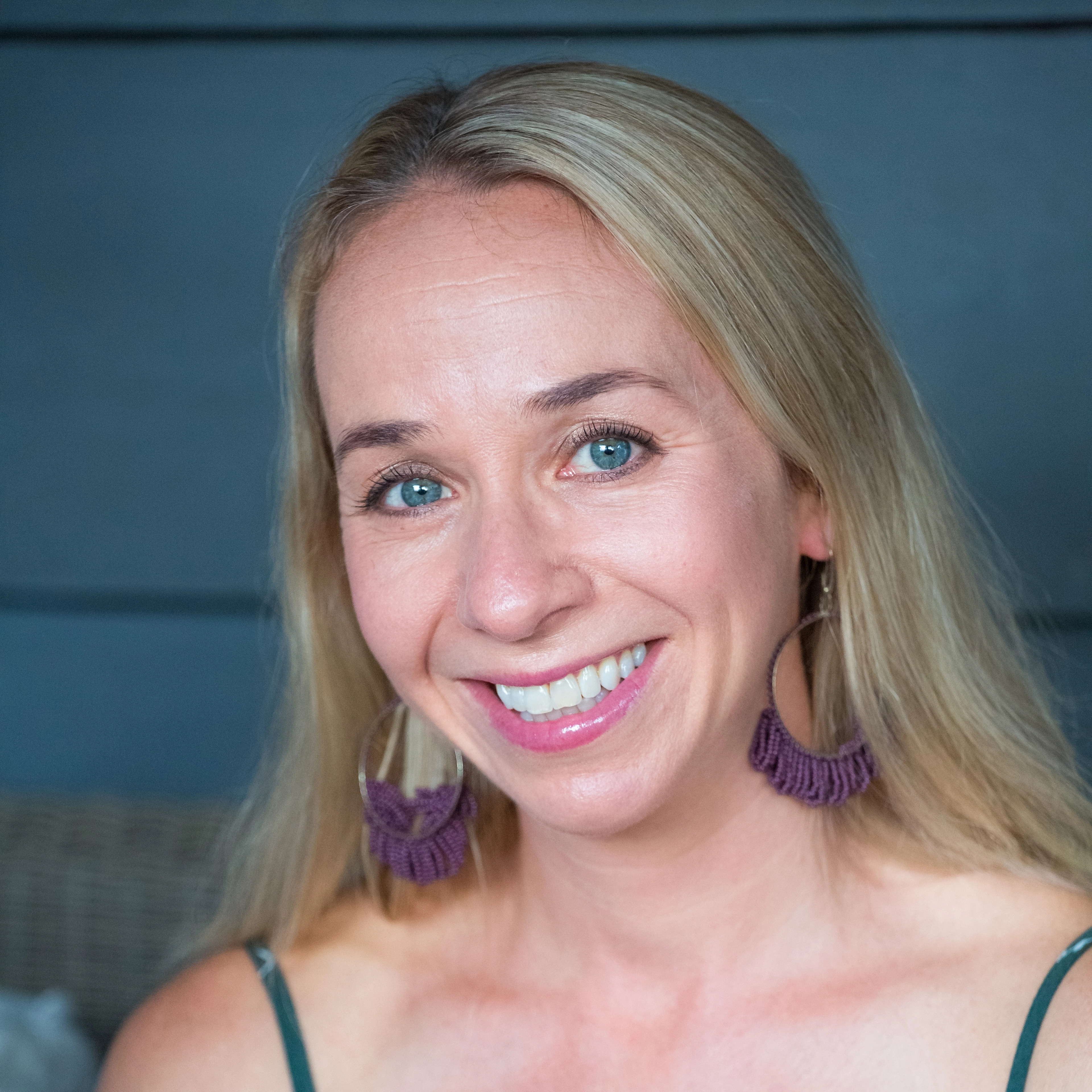
Dr. Michelle Veyvoda is an Assistant Professor of speech-language pathology and audiology at Iona College in New Rochelle, NY. Dr. Veyvoda works primarily with children who are deaf or hard of hearing. She has provided speech, language and auditory therapy to children who use sign language and spoken English and has worked in both total communication and auditory-oral environments.
Interviews on Autism and AAC Research
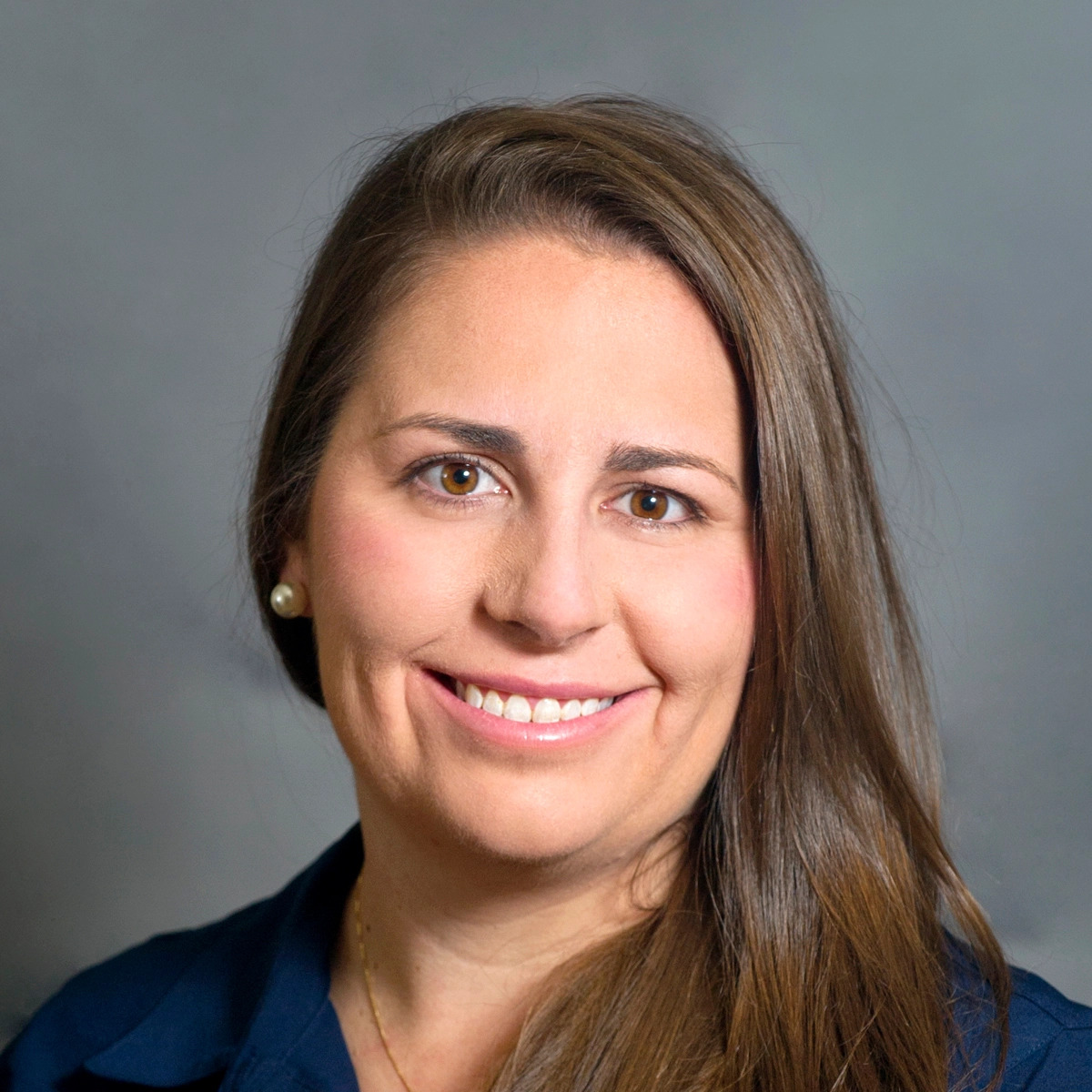
Dr. Jessica Caron is an Assistant Professor of Communication Sciences and Disorders at Penn State University. Her work is focused on improving outcomes for learners with high-intensity needs who require AAC. More specifically her research seeks to improve poor literacy outcomes for individuals who use AAC.
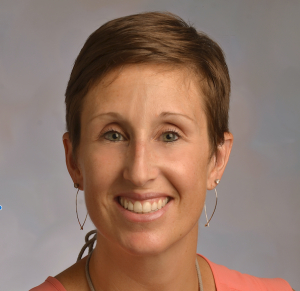
Erinn H. Finke is an Associate Professor in the Department of Audiology and Speech Pathology at the University of Tennessee Health Science Center. Her research is clinically based and is largely focused on school-age, adolescent, and young adults. Her primary research interest is improving friendship outcomes for people on the autism spectrum.
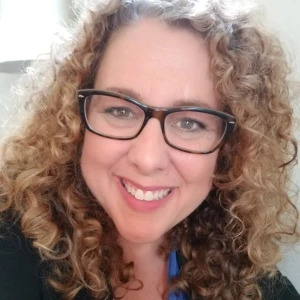
Lisa M. Geary is a Clinical Assistant Professor at Towson University. She has over 25 years of experience in the field, including work in the public school, outpatient clinic, and private practice settings. Her research and clinical interests include Augmentative and Alternative Communication (AAC), Language and Literacy, Autism and Related Disorders, and Clinical Supervision/Interprofessional Education.
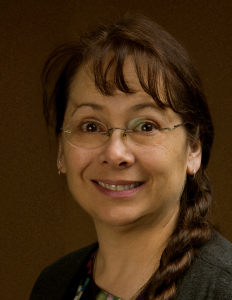
Elizabeth K. Hanson, Ph.D., CCC-SLP
Dr. Hanson is an associate professor in the Department of Communication Disorders at the University of South Dakota where she teaches graduate courses in Augmentative and Alternative Communication, Motor Speech Disorders, Research Methods, and Advanced Communication Science; and supervises clinical practica in the area of AAC. Her research focuses on AAC strategies for people who wish to combine AAC with natural speech and on telecommunication for people who use speech-generating devices.
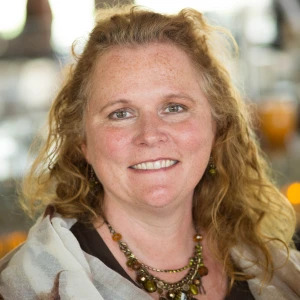
Dr. Deanna Hughes, PhD CCC-SLP
Dr. Hughes is Assistant Professor in Communication Sciences and Disorders at Chapman University. She received her doctorate from Case Western Reserve University. She researches AAC, individuals with developmental disabilities across the lifespan, supervision, and working with culturally and linguistically diverse populations.
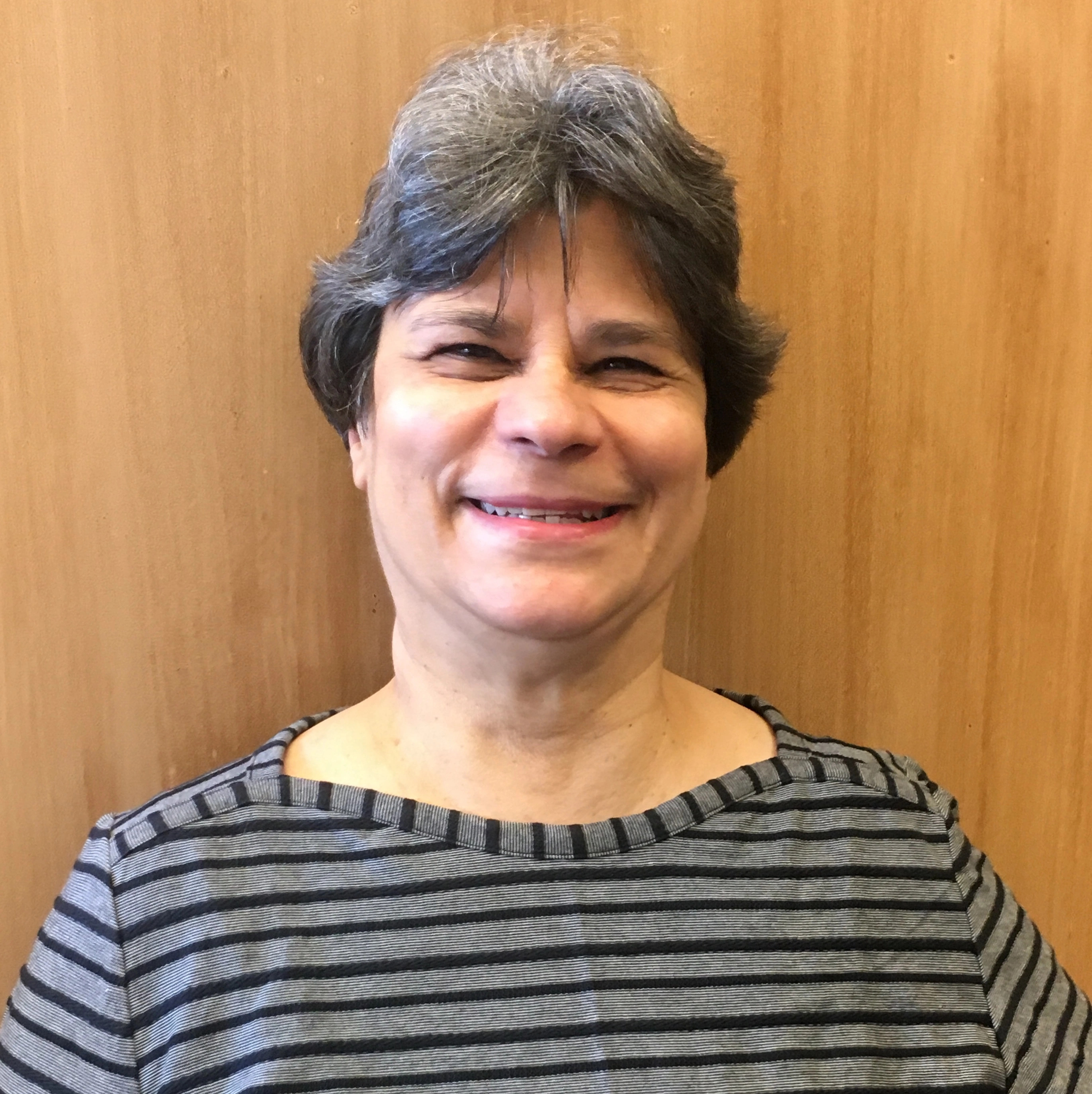
Dr. Losardo is a Professor in the Department of Communication Sciences and Disorders at Appalachian State University. She started the Theatre and Therapy Program, an interprofessional collaboration between the Departments of Communication Sciences and Disorders (CSD) and Theatre and Dance at Appalachian State University.
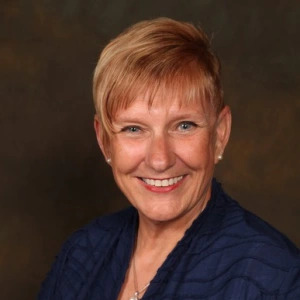
Dr. Christine Maul is an associate professor at California State University, Fresno. She is the co-author of two textbooks in the field of communicative disorders and has published peer-reviewed articles in the areas of family-centered service delivery, child language disorders, and multicultural issues. She is also the parent of a 35-year-old adult son with autism spectrum disorder, who is the inspiration for her work.

Dr. McCarthy is an Associate Professor and Interim Associate Dean for Research and Graduate Studies at Ohio University. He researches developing better computer user interfaces and expanding creative possibilities for those with complex communication needs. Experiences as a school-based SLP, a background in voice performance, and an interest in technology have been major influences in his career.
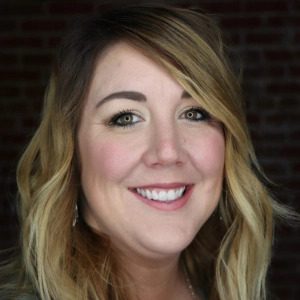
In 2018, Emily became part of the faculty at the University of Oklahoma Health Sciences Center in the department of Communication Sciences and Disorders where she teaches classes on Autism Spectrum Disorder, Articulation Disorder, and Foundations to Speech Pathology, as well as providing clinical supervision to graduate clinicians. In her spare time, Emily volunteers for Autism Oklahoma, a non-profit organization, where she is on the committee for the annual Piecewalk Fundraiser.
Interviews on Bilingualism, Multilingualism, and Cultural Responsiveness Research
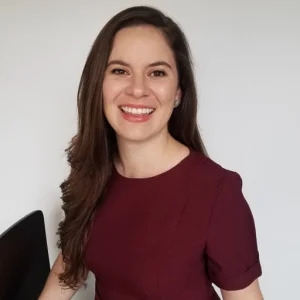
Stephanie De Anda, PhD CCC-SLP, is an Assistant Professor of Communication Disorders and Sciences at the University of Oregon. Her research interests include understanding language acquisition in typically and atypically developing English- and Spanish-speaking monolingual and bilingual children. She has expertise in several measures of language acquisition in infants, toddlers, and preschoolers.
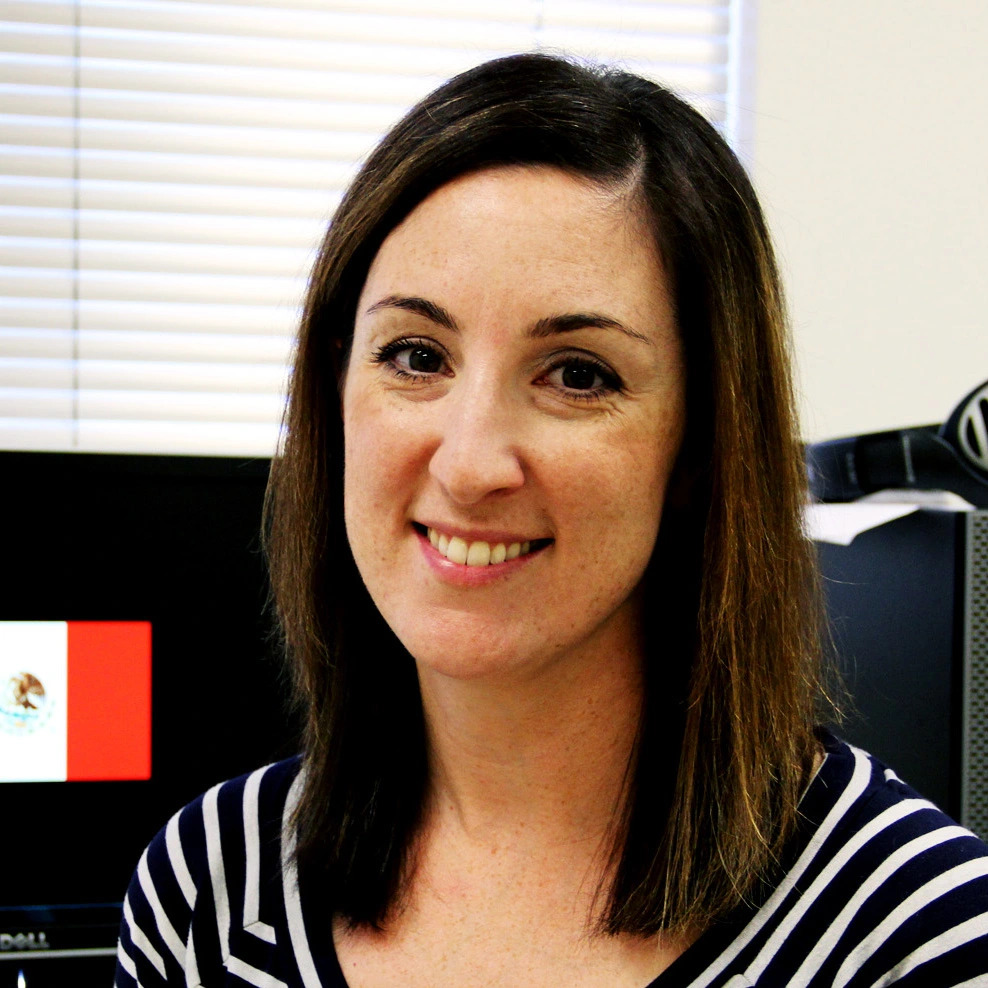
Leah Fabiano-Smith’s research focuses on phonological acquisition and disorders in bilingual Spanish-English speaking children and clinical issues related to culturally and linguistically diverse populations. Dr. Fabiano-Smith is the Director of the University of Arizona Bilingual Certificate Program in Speech-Language Pathology and Audiology.
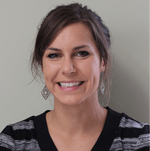
Lisa Fitton is an assistant professor in the Communication Sciences and Disorders department at the University of South Carolina. Her work focuses on improving educational opportunities for children from culturally and linguistically diverse backgrounds. Her research emphasizes valid assessment practice, emergent literacy development, and rigorous statistics and methodology.
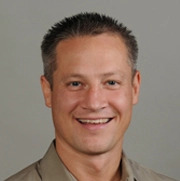
Dr. Matthew Gillispie is a Clinical Associate Professor and speech-language pathologist at the University of Kansas. He provides services and clinical education while facilitating the Language Literacy and Learning (LLL) team in the Schiefelbusch Speech-Language-Hearing Clinic. Dr. Gillispie is also interested in culturally-responsive services, especially to children and families from Native American communities.
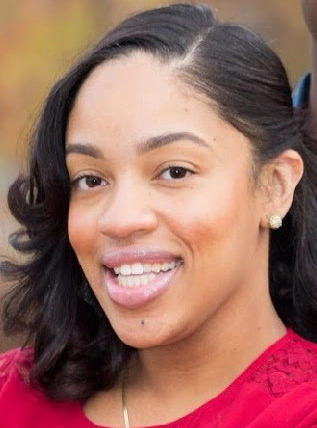
Ryan Lee-James, PhD, is an Assistant Professor in the Department of Communication Sciences and Disorders at Adelphi University in Garden City, NY and a speech-language pathologist certified by the American Speech-Language-Hearing Association. Her work contributes to the larger body of research that is focused on better understanding the impact of African American English dialect use on assessment and treatment of language disorders for children reared in poverty.
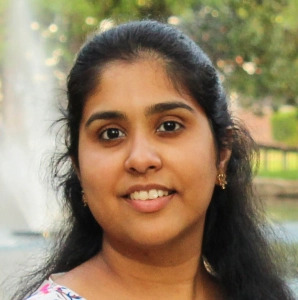
Dr. Roha Kaipa is an Assistant Professor in the Department of Communication Sciences and Disorders at Oklahoma State University (OSU). Dr. Kaipa’s primary research focuses on examining the effects of multilingualism on linguistic and cognitive processing in multilinguals using behavioral as well as electrophysiological outcome measures.
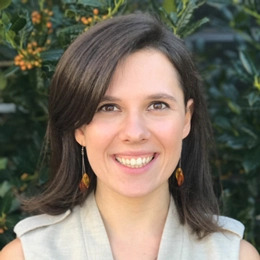
Marta Korytkowska is a practicing Speech-Language Pathologist in the acute care setting with experience in acute rehabilitation, outpatient, and home care settings. Her research includes treatment approaches in bilingual populations with language disorders, bilingual aphasia, and the influence of cognition in recovery from aphasia.
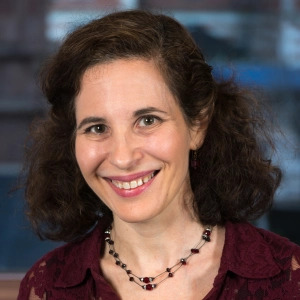
Erika S. Levy is an Associate Professor of CSD at Columbia University. She researches treatment efficacy for increasing intelligibility in English-, French- and Korean-speaking children with dysarthria due to cerebral palsy, as well as in English-, Spanish-, and Mandarin-speaking individuals with dysarthria due to other neuromotor disorders. Dr. Levy is a trilingual speech-language pathologist and worked as pronunciation coach for Big Bird and Elmo of Sesame Street.
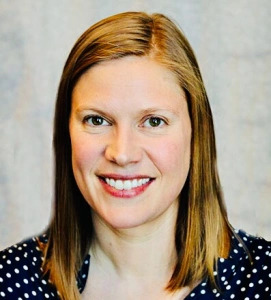
Amy Pace, PhD CCC-SLP, is an Assistant Professor of Speech and Hearing Sciences at the University of Washington. Her research focuses on language acquisition, assessment, and intervention in culturally and linguistically diverse children under five with an emphasis on parent-child interaction. When she is not in the lab, you can find her swimming outdoors, hiking, reading, or hanging out with her family.
Interviews on Cleft Palate and Craniofacial Anomaly Research
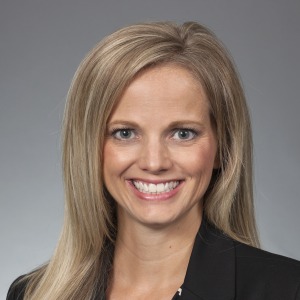
Dr. Perry is the Department Chair and Associate Professor in the Department of Communication Sciences and Disorders at East Carolina University. Dr. Perry’s research uses MRI and 3D computer technology to study the velopharyngeal anatomy and physiology to further understand speech variations among those with cleft palate.
Interviews on Pediatric and School Speech Pathology Research
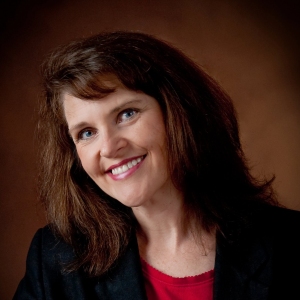
Mitzi Brammer, PhD, CCC-SLP has been in communication sciences and disorders for 32 years. Prior to teaching at the University level, she was a speech-language pathologist in the public schools. She is assistant professor and graduate program director at Saint Louis University. Her research interests include language and literacy connections, student resilience, and generational differences in learning in higher education.
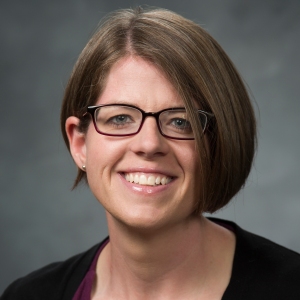
Katy Cabbage is a former school-based speech-language pathologist who is now an Assistant Professor at Brigham Young University in Provo, Utah. Her research centers on links between early speech and language skills and later literacy acquisition. She is specifically interested in identifying predictors related to difficulty acquiring literacy acquisition in children with speech sound disorders.
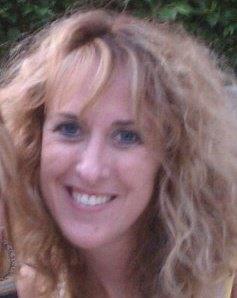
Sandra Combs is an assistant professor at the University of Cincinnati, where she has served on the faculty since 2009. Dr. Combs’ research and teaching interests include collaborative service delivery, early and school-age language and literacy development and disorders, and the effects of poverty and other social and economic factors on the school success.
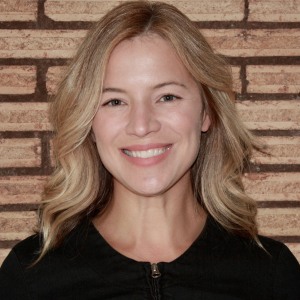
Jill Dolata is a member of the faculty in the school of Communication Sciences and Disorders at Pacific University. Dr. Dolata researches on assessment of young children who are at risk for neurodevelopmental disorders. In collaboration with the Center for Spoken Language Understanding, she partners with computer scientists who are exploring quantifiable differences in language development.
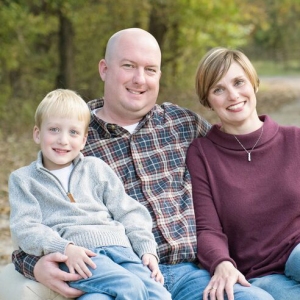
Kris Foyil Ph.D. CCC-SLP BCS-CL is a clinical assistant professor in the department of Communication Sciences and Disorders at the University of Tulsa. She is very interested in the areas of early speech and language development and their influence on literacy learning. She enjoys spending time with my family and all things Disn
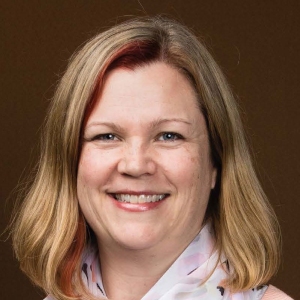
Dr. Amy Glaspey, Ph.D., CCC-SLP
Amy Glaspey, is director of the Speech Phonology Early Acquisition and Knowledge (SPEAK) lab at the University of Montana. Dr. Glaspey’s test, The Glaspey Dynamic Assessment of Phonology, is a nationally normed dynamic assessment of speech sound production that is newly published by Academic Therapy Publications (available in early 2019). This test will help clinicians measure how much help a child needs to successfully say speech sounds and patterns when struggling to say them correctly.
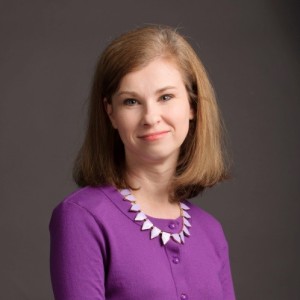
Dr. Joy Good is an Associate Professor in the Department of Communication Disorders at Arkansas State University. She has over 20 years of experience in the field – including nearly a decade as a public school-based clinician. Her research focus deals with written language issues pertaining to the school-age population.
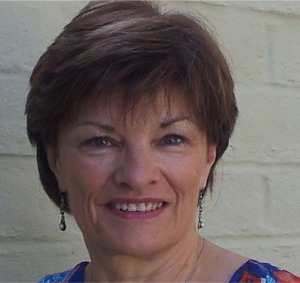
Dr. Gray leads the Child Language and Literacy Lab (CHILLL) that focuses on the development of early literacy, reading, and working memory in children and adolescents and the development and testing of assessments and curricula to improve children’s learning and academic success.
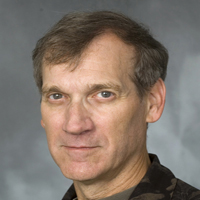
Alan G. Kamhi is a Professor in the Department of Communicative Sciences and Disorders at the University of North Carolina-Greensboro. His early research focused on linguistic and cognitive abilities of children with specific language impairments (SLI) and mental handicaps. Later research focused on language-learning disabilities, culminating in a book co-edited with Hugh Catts, on language and reading disabilities.
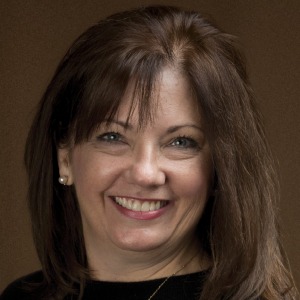
Dr. Carol Koch is currently a Professor and Graduate Program Director in the Department of Communication Sciences and Disorders at Samford University. Her clinical areas of focus have been in early intervention and early childhood/preschool, with particular emphasis with children who are highly unintelligible.
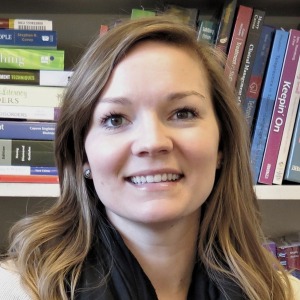
Dr. Lorio is an Assistant Professor in the Department of Communication Sciences and Disorders at Illinois State University in Normal, IL. Prior to completing her doctorate, Dr. Lorio worked as a school-based speech-language pathologist, serving children in preschool through 5th grade. Her research focuses on language/literacy development and interventions, especially caregiver- implemented interventions designed for at-risk populations.
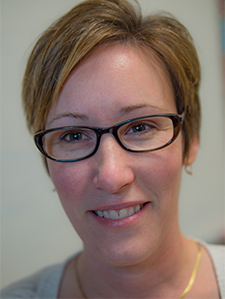
Rebecca (Becky) Lulai, M.A., CCC-SLP
Rebecca Lulai is Director of Clinical Programs in Speech-Language Pathology at the University of Minnesota, Minneapolis. She has worked with graduate students in speech-language pathology as a clinical supervisor, instructor, and now as director of clinical programs. Prior to working at the university she worked with children and adults with communication disorders in various settings including schools, hospitals, clinics and skilled nursing. When she isn’t working she enjoys spending time with her family and curling up with a good book.
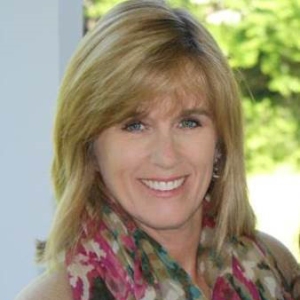
Kerri Phillips, SLP.D. is a Professor and Program Director of the Graduate Program in Speech-Language Pathology at Louisiana Tech University. Dr. Phillips is a member and current President-Elect of the Board of Directors of the National Council of the State Boards of Examiners for Speech-Language Pathology and Audiology.
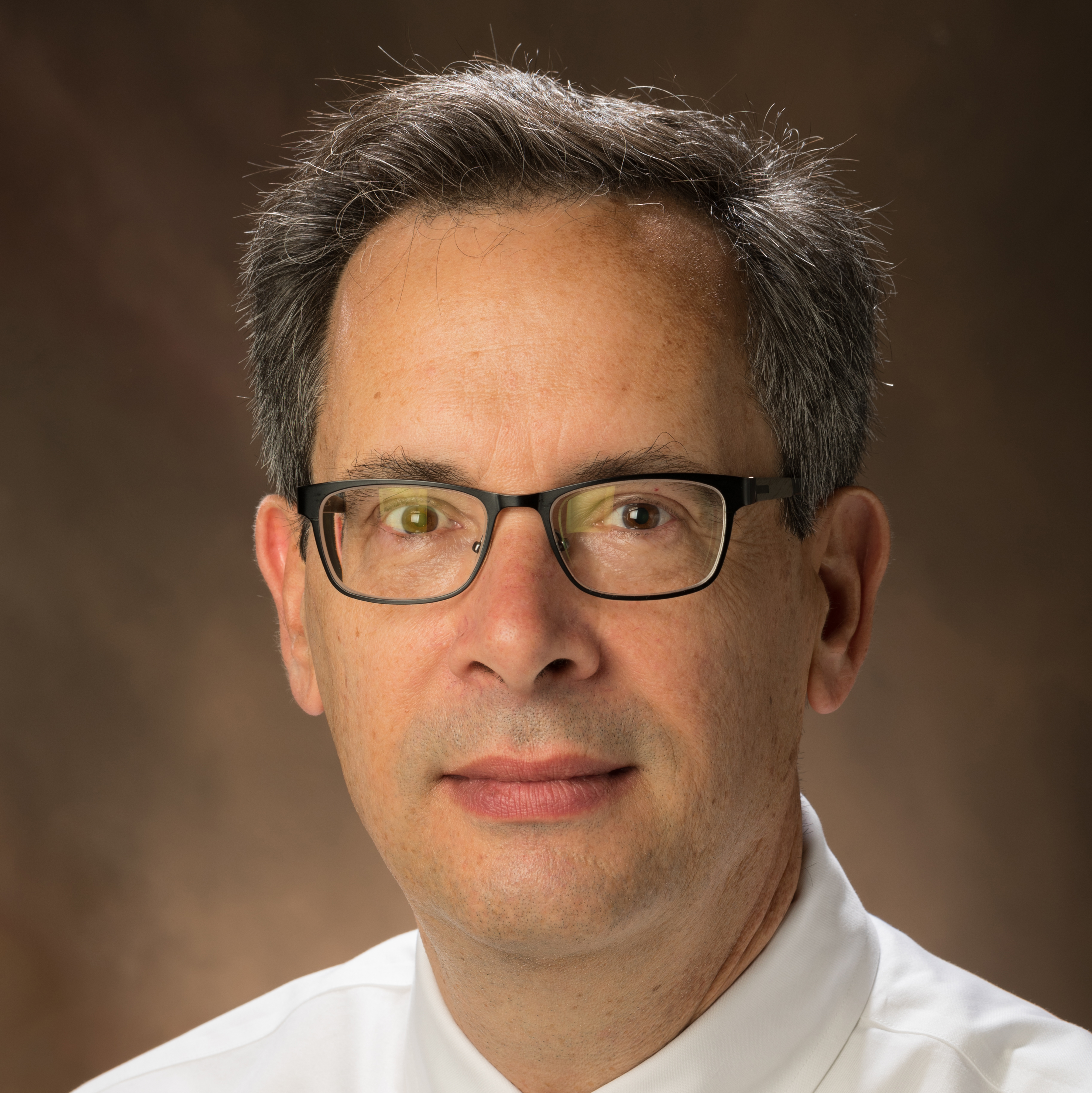
Dr. Gerard (Trace) Poll, Ph.D, CCC-SLP
Dr. Poll is an Associate Professor in the Speech Pathology and Audiology department at Miami University. He is interested in developing better assessment practices and better defining the cognitive and linguistic characteristics of language-learning disorders. He is interested in developing tools to assist adolescents with disabilities to be better prepared for the transition from K-12 education to adult settings.
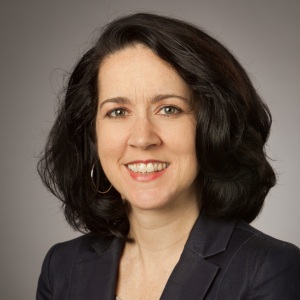
Dr. Mary Beth Schmitt is an assistant professor at The University of Texas at Austin. Her team works to identify child-level, treatment-level, and classroom-level ingredients of public school therapy that affect outcomes for children with language impairment. Her work has been supported by NIDCD, ASHA, TSHA, TTUHSC, and UT Austin. She has over 32 publications and she serves as editor for EBP Briefs, a peer-reviewed publication supporting evidence-based practice for SLPs.
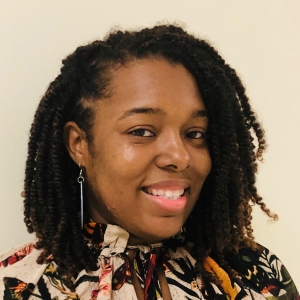
Dr. Shameka Stanford, PhD, CCC-SLP/L, is an Assistant Professor in the Communication Sciences and Disorders Department at Howard University. She specializes in Juvenile Forensic Speech-Language Pathology and the impact/confluence of cognitive and communicative disorders (CCD) on academic success and status offense charges in youth placed at-risk for delinquency.
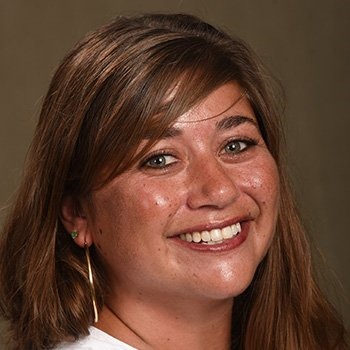
Dr. Tepper is a faculty member of Baldwin Wallace University. She researches developing and enacting innovative instructional methods towards mitigating potentially disabling barriers in education, creating supportive classroom learning environments, facilitating equitable student access to educational resources, and meeting the educational needs of underserved and vulnerable populations effectively.
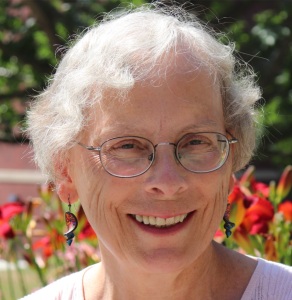
Shelley L. Velleman is Professor and Chair of Communication Sciences and Disorders at the University of Vermont. Her teaching, research, and clinical work focus on typical and atypical speech development. She specializes in pediatric motor speech disorders, especially Childhood Apraxia of Speech. She also studies the speech of children with neurodevelopmental syndromes such as Williams syndrome, 7q11.23 Duplication syndrome, and Autism Spectrum Disorder.
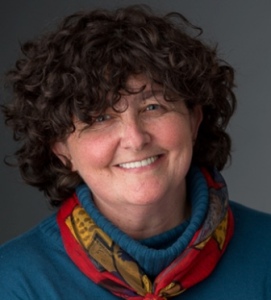
France Weill is an Associate Professor at the Graduate School of Speech Language Pathology at Touro College, NY. Her research interests include the role of memory and of interaction style in language development of toddlers, and the implementation of EMR in professional training programs. She is also running a private practice in Teaneck, NJ, serving as a consultant in various French-American schools and programs, and regularly offering professional workshops related to language, counseling, play and cognition.

Camp Yakety Yak is a social skills day camp supporting friendship development in children with special needs. They currently serve 171 children and adolescents with 220 staff including college and graduate students, teen camp counselors, as well as professionals in speech pathology, general & special education, occupational therapy, school counseling, school psychology, behavioral intervention, and nursing.
Sponsored online speech pathology programs

Online MS: Pursue SLP Certification. Study FT/PT
Speech@Emerson enables you to earn an MS online and pursue SLP certification in as few as 20 mos. Learn the same curriculum as the on-campus program. Study FT or PT.
- Prepares you to pursue certification as an SLP generalist
- In-person clinical placements at faculty-approved partner sites
- As few as 20 months to complete
AD

Want to Become an SLP? Earn an MS Online at NYU
NYU Steinhardt’s online master of science program in Communicative Sciences and Disorders prepares aspiring speech-language pathologists with a comprehensive professional education.
- Prepares students to pursue SLP licensure
- Accredited by ASHA’s Council on Academic Accreditation
- As few as six terms to complete
- Full-time and part-time plans of study
AD

Online MS in Speech-Language Pathology from Pepperdine University
Pepperdine University’s online Master of Science in Speech-Language Pathology program combines a robust, innovative curriculum rooted in Christian values with a full-time or part-time option that features online learning, on-campus intensive experiences, and comprehensive clinical field practicums to prepare skilled, compassionate students for careers as speech-language pathologists.
- Full-time (five trimesters) or part-time (eight trimesters) options available.
- No GRE scores required.
- 400+ supervised, clinical learning hours are done at schools/clinics local to students
- Three onsite experiences build a sense of camaraderie and community throughout the program
AD
Interviews on Student Curriculum and Professional Development Research
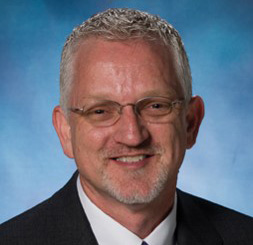
Dr. Baggs is Associate Professor and Co-Chair of Communication Sciences and Disorders at Abilene Christian University. He teaches neurogenic disorders and research methodology and has practiced for over 30 years in both acute-care and rehabilitation facilities. His recent research has been on the predictive value of variables for graduate school admissions and how personality relates to clinical services.
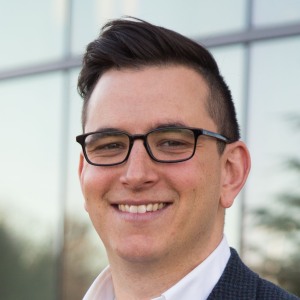
Matthew Cohen, Ph.D., is an Assistant Professor in the Dept. of Communication Sciences & Disorders at the University of Delaware. Dr. Cohen directs the Measure What Matters Lab (udel.edu/mwm), which focuses on the development and clinical application of patient-reported outcomes measures for adults with cognitive and communication disorders.
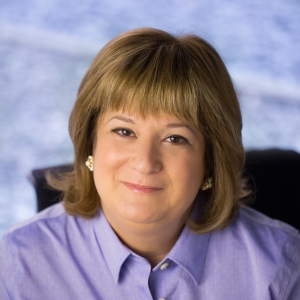
Ellen Cohn is a professor in the Department of Communication Science and Disorders and ASHA Fellow. She teaches craniofacial disorders, professional issues, culture, diversity and healthcare, and rhetoric and communication. Cohn is a past investigator for a Department of Education – National Institute on Disability and Rehabilitation Research, Rehabilitation Engineering Research Center on Telerehabilitation.

Dr. Carol Dudding, PhD CCC-SLP CHSE
Dr. Dudding is an associate professor and director of the online masters degree program at James Madison University. She is a Distinguished Scholar in the National Academies of Practice in recognition of her work in interprofessional education. Carol is a nationally Certified Healthcare Simulation Educator (CHSE) from the Society for Simulation in Healthcare. Her research interests include the use of technology for clinical education. Her current work is in the area of virtual simulations.
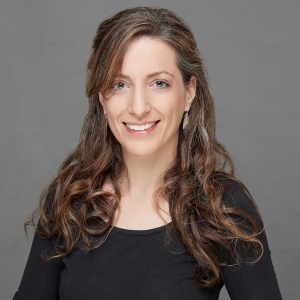
Dr. Eichorn is an Assistant Professor in Speech-Language Pathology at the University of Memphis School of Communications and Disorders, and director of the Cognition, Language, and Speech Laboratory. Her research explores interactions between cognitive processes and speech-language abilities, with a particular focus on how attention contributes to the development of stuttering.
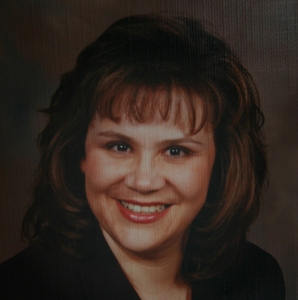
Professor Foldvary served on the Governing Board of the California Rehabilitation Association/Western Alliance for Rehabilitation and was the Vice Chair for the California Hospital Association, Center for Medical Rehabilitation Services Advisory Board. Ms. Foldvary is coordinator of the CSUN Communication Disorders and Sciences, Distance Learning Program.
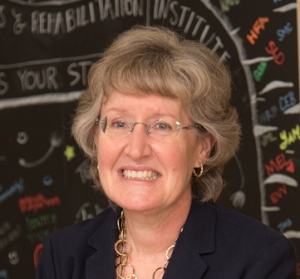
Cathy Rasmussen, Ph.D., CCC-SLP, is Associate Dean in the School of Health & Human Services and Director of the York Wellness & Rehabilitation Institute at Nazareth College in Rochester, NY. She was formerly chair of the Communication Sciences & Disorders Department and co-directed the Deafness Specialty Preparation program conducted jointly by Nazareth and the National Technical Institute for the Deaf.
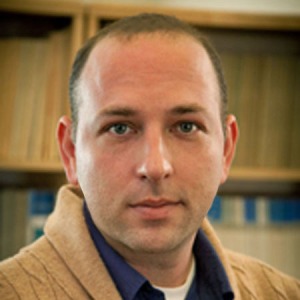
Dr. Walden has served extensive roles in leadership, management and human resource development in healthcare. Dr. Walden has completed research focused on Speech-Language Pathologists’ informal learning in medical environments as well as pedagogical/andragologic approaches to education in acoustics and clinical supervision.
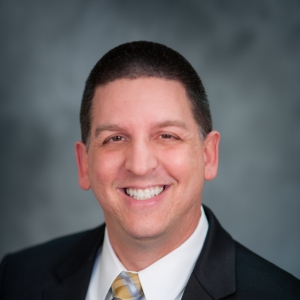
Dr. Richard Zraick is Professor and Director, School of Communication Sciences and Disorders, at the University of Central Florida. His professional foci are voice disorders, health communication, healthcare simulation, and interprofessional education. He is an ASHA Fellow.
Interviews on Stuttering Research
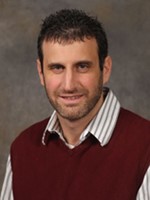
Dr. Davidow is an Associate Professor at Hofstra University. His research interests include stuttering treatment outcomes, speech production changes during fluency-inducing conditions, the anticipation of stuttering, and stuttering measurement. Dr. Davidow teaches graduate courses in Research Design and Fluency Disorders. He also teaches the following undergraduate courses: Anatomy and Physiology of Speech, Introduction to Communication Disorders, and Exploring the Communication Sciences.
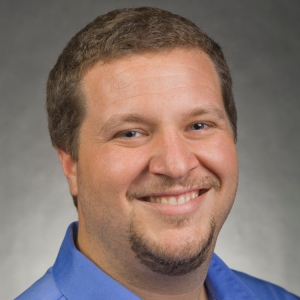
Dr. Dan Hudock, Ph.D., CCC-SLP
Dr. Hudock, a person who stutters himself, is an Associate Professor of Communication Sciences and Disorders at Idaho State University. His areas of research include psycho- emotional-social aspects of fluency disorders, interprofessional collaborations with mental health professionals, and the neuroscience of speech perception and production in people who stutter using high-density EEG.
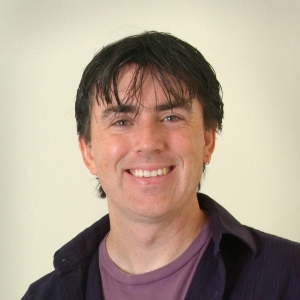
Scott is an Associate Professor at the University of Akron. He is the director of the MASS Lab (Mindfulness ACT Social cognition Stuttering) and performs research on mindfulness, acceptance and commitment therapy, and social cognitive therapy with people who stutter. He co-hosts the ActToLive Podcast and is a co-founder of 3C Digital Media Network.
Interviews on Voice and Swallowing Research
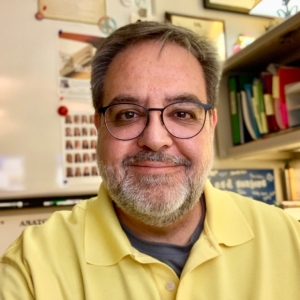
Richard D. Andreatta is an Associate Professor in the Department of Communication Sciences & Disorders (CSD) and in the Rehabilitation Sciences Doctoral Program in the College of Health Sciences at the University of Kentucky. Currently, Dr. Andreatta serves as the Director of Undergraduate Studies for the CSD department and is the Director of Undergraduate Research for the College of Health Sciences.
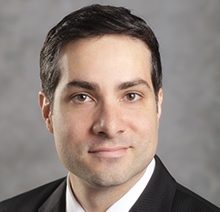
Dr. Barone is an assistant professor in the Communication Sciences and Disorders Program at the University of Virginia. He researches voice disorders, dysphagia and neuroanatomy and physiology. He is Director of the Neurophysiology of Voice, Communication, and Cognition Lab where he uses fNIRS to study changes in cortical activation patterns related to learning and voice production and perception.
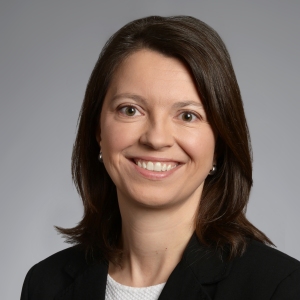
Maria Dietrich is an Assistant Professor in the Department of Speech, Language and Hearing Sciences at the University of Missouri and director of the Vocal Control and Vocal Well-Being Lab. She was a postdoctoral scholar at the University of Kentucky and received her Ph.D. degree in Communication Science and Disorders from the University of Pittsburgh.
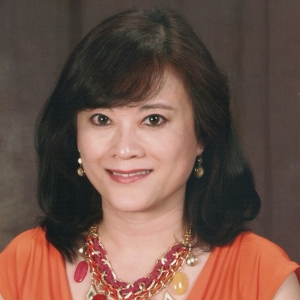
Ruiying Ding, PhD CCC-SLP is a professor at Elmhurst college’s Department of Communication Sciences and Disorders. Prior to her academic appointment, she had worked as a speech-language pathologist for five years in various clinical settings, including an acute care hospital, sub-acute rehabilitation center, long-term rehabilitation center, and pediatric outpatient clinic.
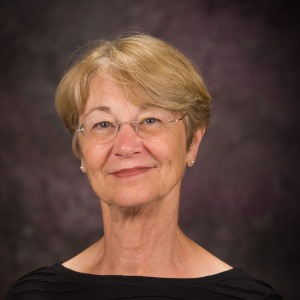
Dr. Linda Hoag, Ph.D., CCC-SLP
Linda Hoag is a Professor in the Program in Communication Sciences and Disorders at Kansas State University. She teaches voice disorders, cleft palate, and speech science. Her practice focuses on voice disorders, paradoxical vocal fold motion, transgender voice and communication, and cleft palate. She researches voice disorders, transgender voice and communication, and augmentative and alternative communication.
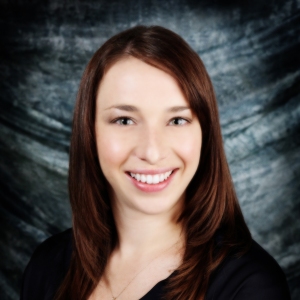
Jessica Kisenwether, Ph.D., CCC-SLP is an Assistant Professor at Misericordia University in the area of speech science. Primarily, her research focuses on subjective and objective measures of speech, dysphagia, fluency, and voice. Jessica has presented her research at state, national, and international conferences and published her work in peer-reviewed journals.

